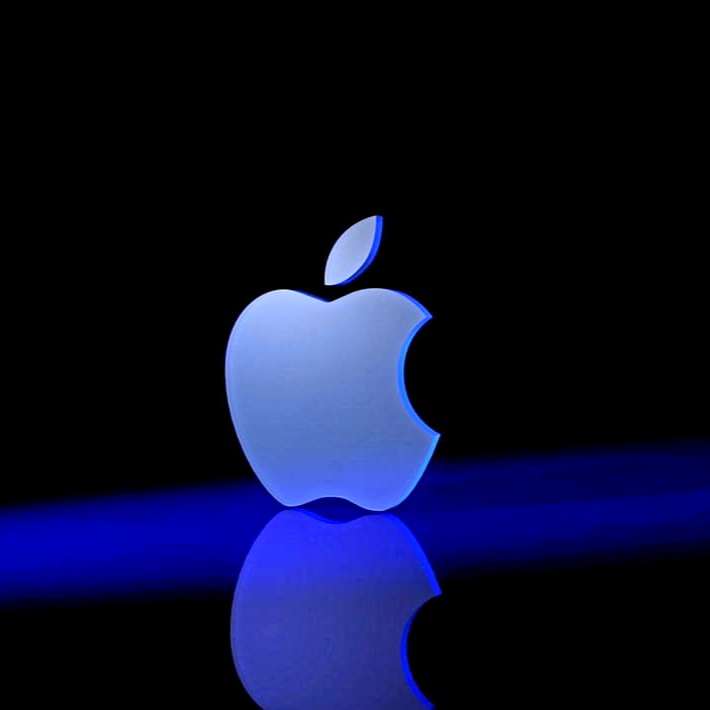Apple also unveiled a new version of the Mac Pro, its highest-performing desktop, with an M2 Ultra chip.
A 15-inch MacBook Air with an Apple-designed M2 CPU chip will be added to the company’s range, according to Apple Inc. on Monday. The six-speaker laptop will go on sale the following week and have a starting price of $1,299. It will cost $1,099 for the 13-inch MacBook Air.
In an upgrade to its Mac Studio desktop computer, Apple claimed that its new M2 Ultra CPU can execute artificial intelligence tasks that competing chips cannot handle due to a lack of memory.
Apple has introduced a new version of its high-performance desktop, the Mac Pro, featuring the M2 Ultra chip. This release marks a significant shift for Apple as the Mac Pro was the last computer in their lineup still utilizing an Intel chip until Monday.
Since transitioning to their chips in 2020, Apple’s Mac lineup has experienced a resurgence. However, recent quarters have seen a decline in sales, mirroring the broader PC market.
The highly anticipated event is expected to showcase Apple’s entry into a new product category with the unveiling of a mixed-reality headset. This move marks Apple’s first major foray into a new product category since the introduction of the Apple Watch nine years ago.
By entering the market for mixed-reality headsets, Apple will face competition from other devices that have struggled to gain widespread consumer adoption. Notably, it will directly compete with Meta Platforms, the owner of Facebook.
Similar to Meta’s Quest Pro released last year and the recently announced Quest 3, Apple’s device is expected to combine a live video feed from the real world with a virtual world displayed on screens within the headset.
Ahead of the anticipated launch, shares of Apple surged 2% and reached a record high of $184.70.
Industry analysts anticipate that Apple’s headset will offer premium features such as a high-quality display and hand-tracking capabilities, allowing users to control it without the need for an external controller. However, it is likely to come with a significantly higher price tag compared to Meta’s planned $500 Quest 3.
Both investors and technology enthusiasts will closely examine the extent of overlap between Apple’s perspective on the virtual reality market and Meta’s. Meta CEO Mark Zuckerberg has outlined his vision for using headsets to access a “metaverse,” where people can virtually meet, work, play, and engage.
During the event, Apple also introduced updates to its iOS software, including improvements to the auto-correct feature on iPhone keyboards. Apple’s software chief, Craig Federighi, mentioned that the keyboard will now learn and adapt to commonly mistyped words, even including the famous autocorrect of a common expletive to “ducking.”
The highly anticipated highlight of the event was the unveiling of Apple’s mixed-reality headset, marking their entry into a new product category for the first time since the introduction of the Apple Watch nine years ago. This move puts Apple in direct competition with Meta Platforms, the owner of Facebook.
Similar to Meta’s Quest Pro from last year and the recently announced Quest 3, Apple’s mixed-reality headset is expected to merge a video feed from the real world with a virtual world displayed on screens within the headset.
Ahead of the launch, shares of Apple surged by 2%, reaching a record high of $184.95, while Intel experienced a 3.5% decline after Apple’s announcement.
Analysts anticipate that Apple’s headset will offer premium features, such as a high-quality display and hand-tracking capabilities for control without an external controller. However, it is expected to come with a higher price tag compared to Meta’s planned $500 Quest 3.
The market’s focus will be on how Apple’s vision for the virtual reality market aligns with Meta’s. Meta CEO Mark Zuckerberg has outlined a vision for headsets enabling people to dip in and out of a “metaverse” for virtual work, play, and socializing.
Apart from Meta, other companies like Sony Group Corp and ByteDance-owned Pico have recently released virtual reality devices. However, the sales of headsets have experienced a decline. Research firm IDC reported that 8.8 million headsets were sold in 2022, a 20.9% decrease from the previous year, with sales halving in the first quarter of 2023.

